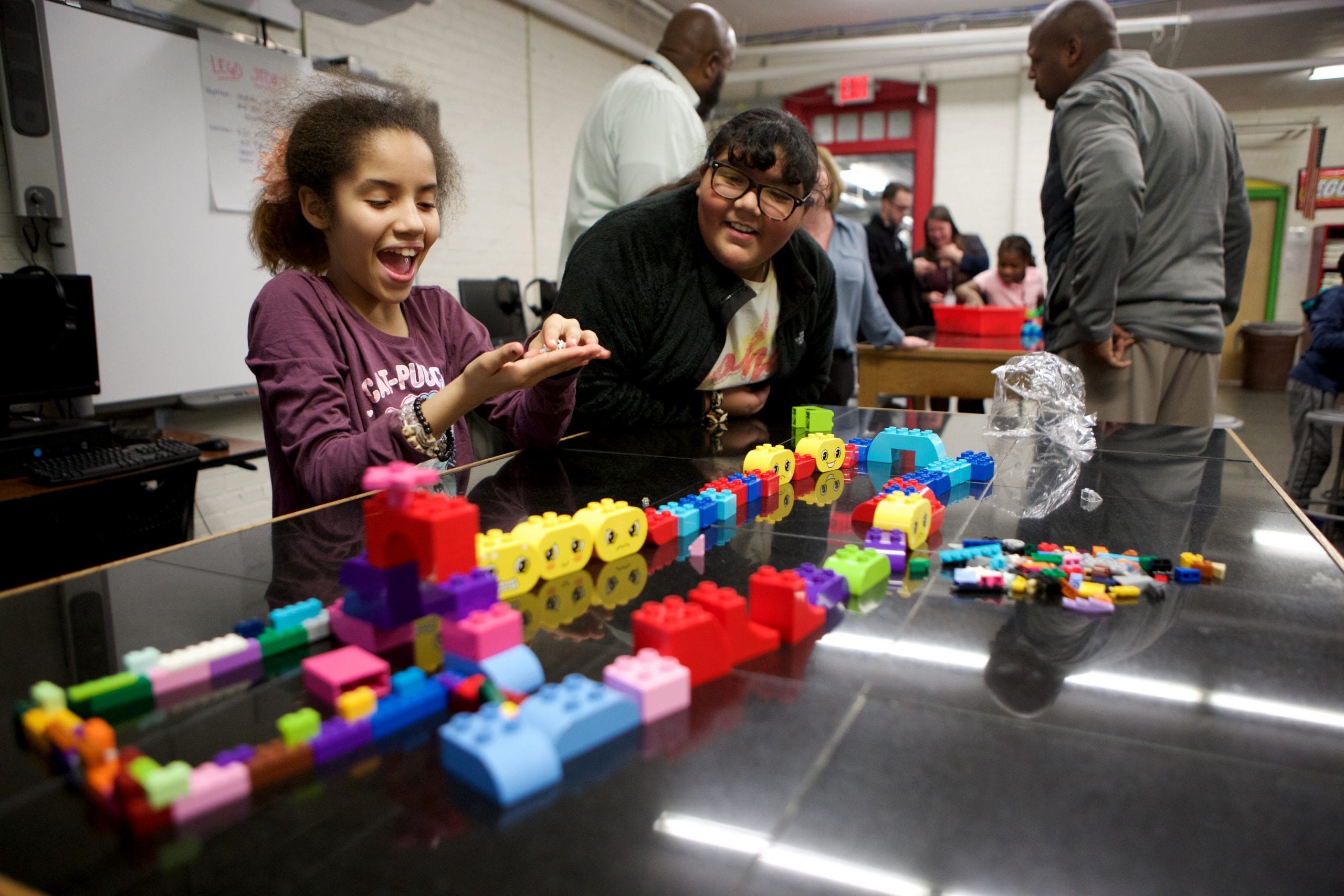LYNN — Students at Washington S.T.E.M. Elementary School will be able to attend the city’s first 21st Century Community Learning Center.
Camp Fire North Shore, in partnership with Lynn Public Schools and Washington S.T.E.M. Principal Anthony Frye, received a three-year federally funded grant from the state Department of Elementary and Secondary Education to establish the afterschool and summer program.
“This was a school, and we have many schools with high needs, and this seemed like a site that was ready and had the high needs profile,” said Superintendent Dr. Patrick Tutwiler, who toured the center late Tuesday afternoon.
“I think it just follows the theme of building partnerships, aligning thinking and effort and values and service of kids. This was actually something that Camp Fire brought to our attention, the funding opportunity, and for us, it was a no-brainer,” he said.
Camp Fire North Shore, a Lynn-based afterschool organization, will receive $125,000 annually over the grant period to run the program, which started last month. The school can then reapply for funds for a fourth year.
The 21st Century Community Learning Centers Program, established by an act of U.S. Congress, supports the creation of those centers to provide academic enrichment opportunities during non-school hours for children, particularly students who attend high poverty and low-performing schools. The program is meant to help students meet state and local academic standards, according to the U.S. Department of Education.
The grant allows for three potential sites in Lynn. The plan is to start with one school, refine the program and expand it to other elementary schools, Tutwiler said.
The learning center serves 39 students daily and up to 78 students per week at the K-5 school, according to Camp Fire executive director Laurie Hamill.
Students’ activities include project-based learning, arts, health and wellness education, STEM (science, technology, engineering and mathematics) learning, and academic support activities, according to Hamill.
Social-emotional learning practices will be promoted through each program element, which are aimed at creating and sustaining a school environment that is inviting and welcoming in a way that supports academic achievement and emotional health, Hamill said.
The free program is open to all Washington S.T.E.M. students but it’s specifically targeting the school’s English language learners (ELLs). That group has been identified as the most at-risk and that needed the most support, based on the school’s test scores.
The focus is on academics — work will be aimed at closing the achievement gap and helping students meet state academic standards — and providing a safe place for students, Frye said.
“We’re trying to create that community model, a school that is providing services and providing families with extended learning time,” said Frye. “Here, kids are eating three meals a day (for free). We are guaranteeing that. It’s great that this program came along.”
Mayor Thomas M. McGee said the 21st century grant funding for the afterschool program in Lynn follows a move by the state legislature to increase after school, out of school time funding in the state budget from $2 million to more than $8 million this year.
“I’m hoping that this begins to be a model for us for getting the kinds of dollars to help grow this program in the city,” said McGee, who toured the center on Tuesday. “I feel strongly that (for) young people, after school and out of school time for kids is so important.
“They get a chance to do something, feel more connected to their schools after hours doing things. Those kinds of activities really add to the kids’ ability to reach their full potential and grow and feel good about their educational progress,” he said.
Hamill said it was important that the community learning center is a free program for Washington S.T.E.M. students. The cost of childcare and afterschool programming can be a burden for families, she said.
Integral to the program’s success will be innovative family engagement strategies that ensure parents and students have a voice in planning program offerings. In addition, Camp Fire is in the midst of hiring Lynn English JROTC students to tutor kids at the learning center, Hamill said.
“It’s really exciting,” said Hamill. “I can’t say enough about the program. It’s very much needed across the district.”

